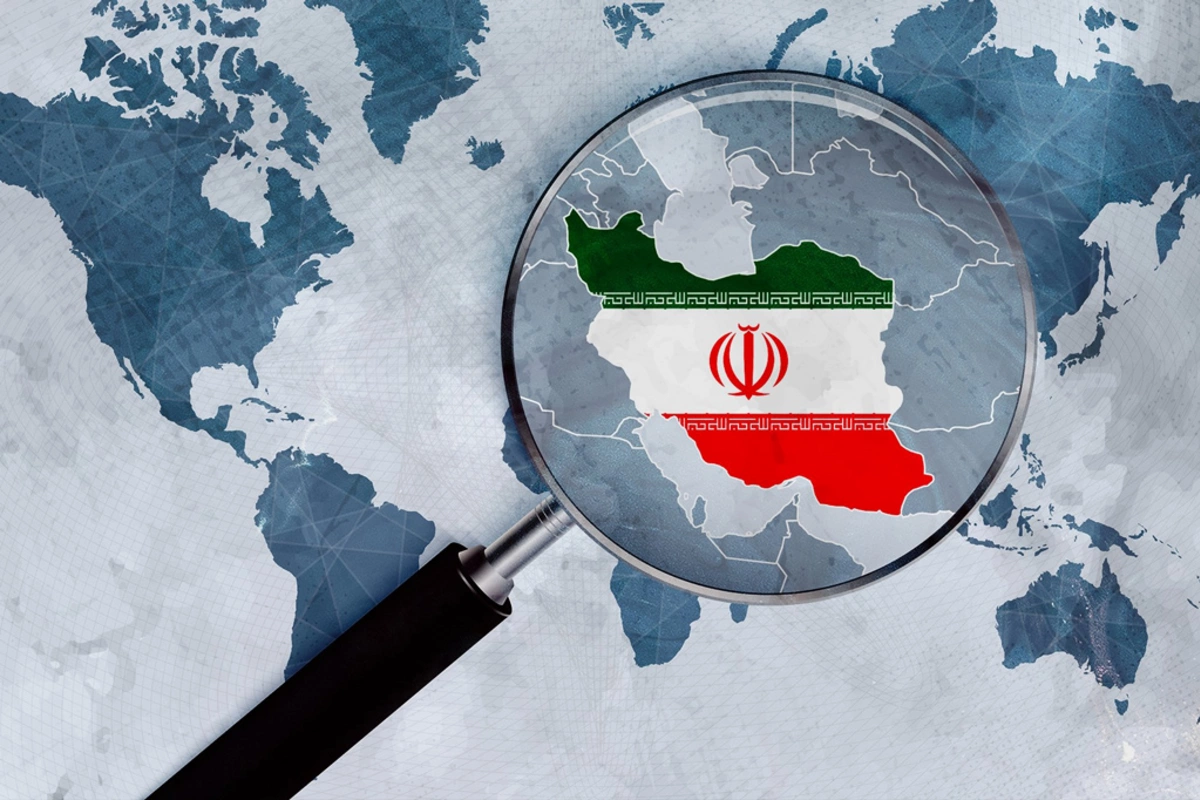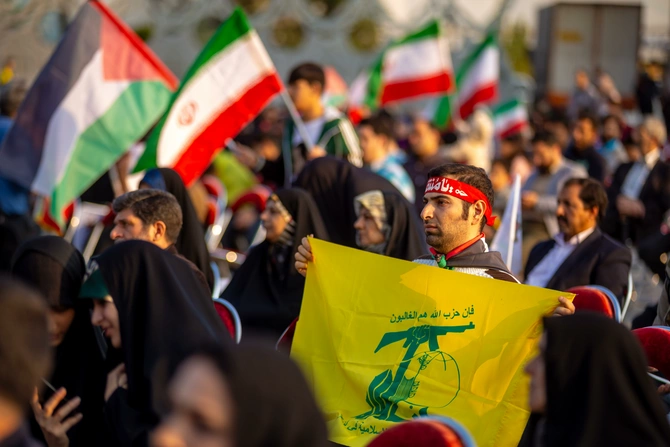
Photo: setav.org
By Samir Muradov
Modern Iran, with its ambitions of regional hegemony, increasingly finds itself under scrutiny as a nation where grand geopolitical projects and ideological initiatives often result in failure. The illusory grandeur of this state conceals deep internal problems and an inability to meet contemporary challenges. The true picture reveals the fragility of a system built on confrontation, provocations, and shifting blame for its failures onto others.
Let us examine how the ambitions of the Iranian regime lead to its isolation and the loss of influence both domestically and abroad.
Geopolitical Missteps: From Syria to the Caucasus
Iran has long sought to position itself as a key player in the Middle East, actively supporting allies such as Bashar al-Assad's regime in Syria. This project became emblematic of Tehran's long-term investments in regional expansion. However, Assad's precarious position has highlighted Iran's inability to sustain its protégés, despite colossal expenditures. The regime in Tehran has poured billions of dollars into supporting Assad, depriving its own citizens of essential resources.
Backing Assad has been accompanied by contradictory actions, including support for Armenia in the Armenian-Azerbaijani conflict, contradicting principles of Islamic solidarity. Unlike Türkiye, which closed its borders with Armenia and supported Azerbaijan, Iran openly continued trade with Armenia. This hypocrisy has not gone unnoticed in the Islamic world. Consequently, Iran has not only lost influence in Syria but has also fostered distrust among its neighbors. Today, even minimal diplomatic engagements with Damascus are in question, leaving Tehran completely isolated from the country's reconstruction processes.
Social Discontent: The Internal Front of Defeats
While Iran has spent billions supporting foreign regimes and proxy groups, social discontent has been mounting within the country. Unemployment has reached critical levels, and inflation has turned life for millions of Iranians into a daily struggle for survival. Economic sanctions, exacerbated by the authorities' inability to implement reforms, have worsened the situation.
The population increasingly questions whether these foreign adventures were worth the destruction of the national economy. The answer is obvious to everyone except the Iranian regime itself. In a desperate attempt to deflect attention, the authorities orchestrate provocations. For instance, during a religious event in Ardabil, insults were directed at the presidents of Azerbaijan and Türkiye. In a country where any mass gathering is tightly controlled, such incidents cannot occur without official sanction. This is a clear example of crude attempts to shift blame for failures onto others.
Relations with Azerbaijan: A History of Hypocrisy
Iranian leadership has long exhibited duplicity in its relations with Azerbaijan. During the First Karabakh War, it openly supported Armenia, refusing to close borders and facilitating the illegal exploitation of natural resources in occupied territories. Even during the 44-day war, Iran did everything possible to hinder Azerbaijan's restoration of territorial integrity. Support for Armenia included not only rhetoric but also participation in illicit trade, undermining Tehran's reputation among its neighbors.
However, President Ilham Aliyev's strategy, based on calculated approaches and determination, led to the restoration of justice. This victory not only caught Tehran off guard but also exposed the weakness of its regional stance. Azerbaijan's triumph in the 44-day war proved the futility of Tehran's policies.
Embassy Attack: A Blow to Diplomacy
One of the most striking examples of provocations was the January 2023 attack on the Azerbaijani embassy in Tehran. An armed terrorist killed the head of the security service and injured two staff members. Despite public promises, the case remains unresolved. This incident vividly demonstrates the Iranian authorities' true attitude toward diplomatic security.
The attack constituted not only a violation of international law but also another example of the regime's inability to address the consequences of its actions. This event eroded the last remnants of trust Baku had in Tehran, making normalization of relations impossible without radical changes.
Failures in Syria and Lebanon

Middle East Images | Hossein Beris©
Iran has long relied on supporting groups like Hezbollah and Hamas, but recent events have shown the futility of these efforts. The elimination of leaders such as Hassan Nasrallah and Ismail Haniyeh dealt a severe blow to Iran's proxy network. Furthermore, Tehran's inability to deliver a meaningful response has only reinforced its reputation as a weak player.
The loss of control in Syria and setbacks in Lebanon highlight how Iran's regional policies have become both a financial burden and a reputational failure.
Conclusion: The End of Illusions
Today, Iran finds itself isolated, with its geopolitical ambitions clashing against the reality of internal crises and growing regional competition. Constant provocations, hypocrisy in international relations, and an inability to address contemporary challenges paint a picture of a regime no longer capable of maintaining its influence. This trajectory inevitably leads to further weakening on all fronts.
Iran must recognize that a policy of conflict and provocation is a path to self-destruction. For now, however, as Tehran clings to illusions, its near future promises only further detachment from the real world.
Share on social media